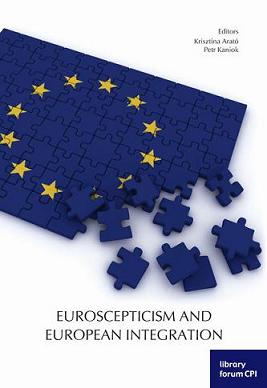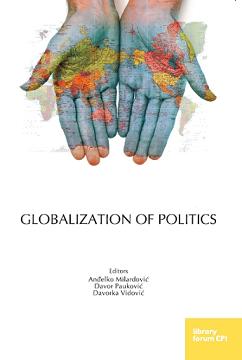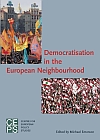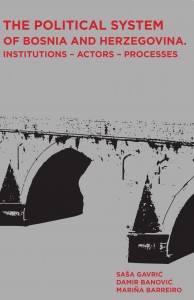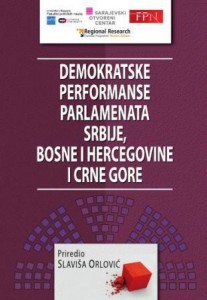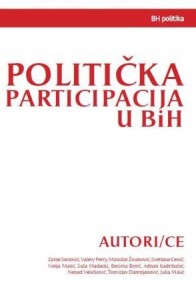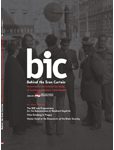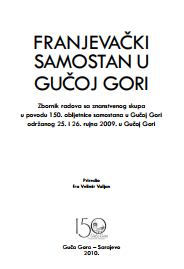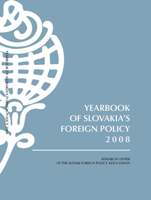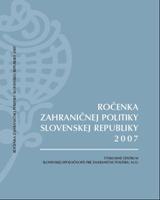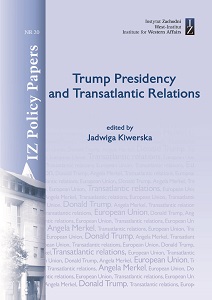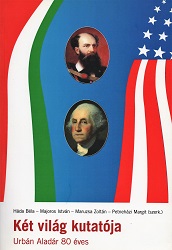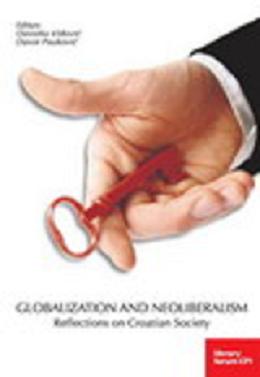
Neo-liberalism and Welfare State
The Welfare State was historically preceded by the so called Night Watchman State (L’Etat protecteur). The Welfare State was laconically defined in Leviathan by Hobbes saying that the aim of the Republic is to protect the individual. Welfare State (L’Etat providence, Sozialstaat) is actually an extension of the “Night Watchman State” into the social sphere. Its origins can be traced back to the end of the 19th century when the industrial society developed in the West, the market intensified, when serious social problems emerged on the surface of society, which could no longer be solved by church charity, state control or even repression over beggars and vagrants. The Welfare State expresses the idea that the insecurity of church care should be replaced by state protection security.
More...
